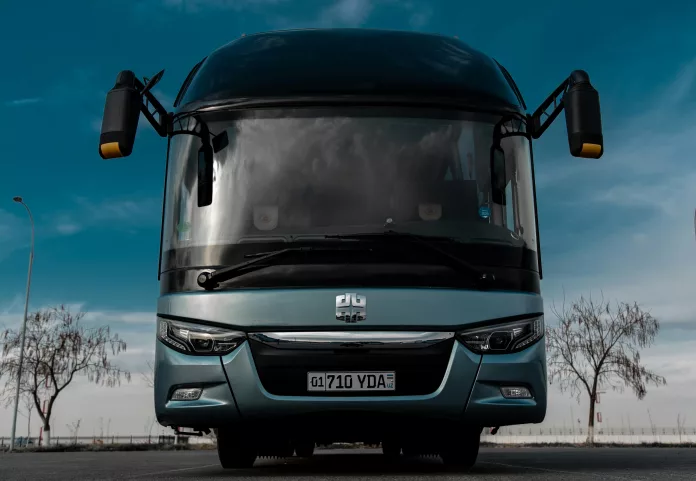The European Union‘s Joint Research Centre has recently scrutinized the progress and prospects of hydrogen as a transport fuel, raising some eyebrow-raising conclusions. While highlighting the struggle of fuel cell vehicles (FCVs) to gain ground against their battery-electric counterparts, the Centre surprisingly continues to advocate for increased financial backing for hydrogen technology.
Competitive Challenges and Financial Investment
In the realm of transportation, FCVs and Fuel Cell Electric Buses (FCEBs) are facing an uphill battle against battery electric vehicles, which not only offer lower operational costs but also have seen substantial advancements in recent years. Despite a staggering €1.2 billion investment from the EU since 2008, FCVs are plagued with reliability issues and an uncompetitive cost of low-carbon hydrogen production, whereas battery-electric vehicles have surged ahead in terms of cost-efficiency and reliability. Yet, instead of conceding to the breakthrough battery technology, the Joint Research Centre’s report recommends a further infusion of funds to buoy hydrogen-powered transport—seeking enhancement in related infrastructure and even promotional campaigns.
Funding and Industry Responses
The report entitled ‘Historical Analysis of Clean Hydrogen JU Fuel Cell Electric Vehicles, Buses, and Refuelling Infrastructure Projects’ exhibits a stark contrast between the investment amounts reported and the actual outcomes. With heavy discounts failing to attract buyers for FCVs offered by brands like Toyota and Hyundai, and hydrogen taxi programs and refueling stations continuing to drain funds, it’s clear that the market has not responded as hoped.
Moreover, a closer look at the EU’s Clean Hydrogen Joint Undertaking (CHJU) 2023 program review report reveals significant financial allocations which seem disconnected from the reality of FCVs’ market impact. The CHJU, despite a change in branding from its predecessor undertakings, remains largely unchanged in its mission, seemingly ignoring battery-electric vehicles as its competition—instead focusing on conventional fuel technologies.
Hydrogen Infrastructure in the Crosshairs
Significant doubts about the reliability and cost-effectiveness of hydrogen refueling infrastructure have been raised, underscored by a hydrogen garbage truck program that fell far short of its own modest reliability goals. The pricing of hydrogen at EU pumps is also questioned, with current prices far exceeding the cost parity goal with conventional fuels.
While the Clean Hydrogen JU review boasts of 98% availability for hydrogen refueling stations, such an optimistic figure appears inconsistent with other data, including California’s light vehicle refueling stations’ downtime and maintenance costs. Similarly, the EU’s funded initiatives in the heavy-duty transport sector have set ambitious yet incongruent goals, given empirical evidence to the contrary.
Reevaluating the Path to Sustainable Transportation
Comparing the outcomes and aspirations of hydrogen fuel cell buses with their battery-electric counterparts paints a telling picture. Battery-electric buses offer greater reliability and lower costs, both in the upfront investment and long-term maintenance, challenging the continued funding funneled into hydrogen transport schemes.
This critical analysis extends beyond land transport to maritime, rail, and aviation projects related to hydrogen, which, despite substantial funding, have yet to show tangible results. The cumulative evidence begs the question of whether it’s prudent for the EU to continue its robust financial support for hydrogen transportation, given the evident supremacy of battery-electric options.
Thus, while the JRC report and Clean Hydrogen JU’s 2023 documentation detail the financial hemorrhage without corresponding success in hydrogen transport, they stoically sidestep the evident conclusion: that it might be high time to divert focus from hydrogen transportation efforts to more promising and proven electric technologies.

























